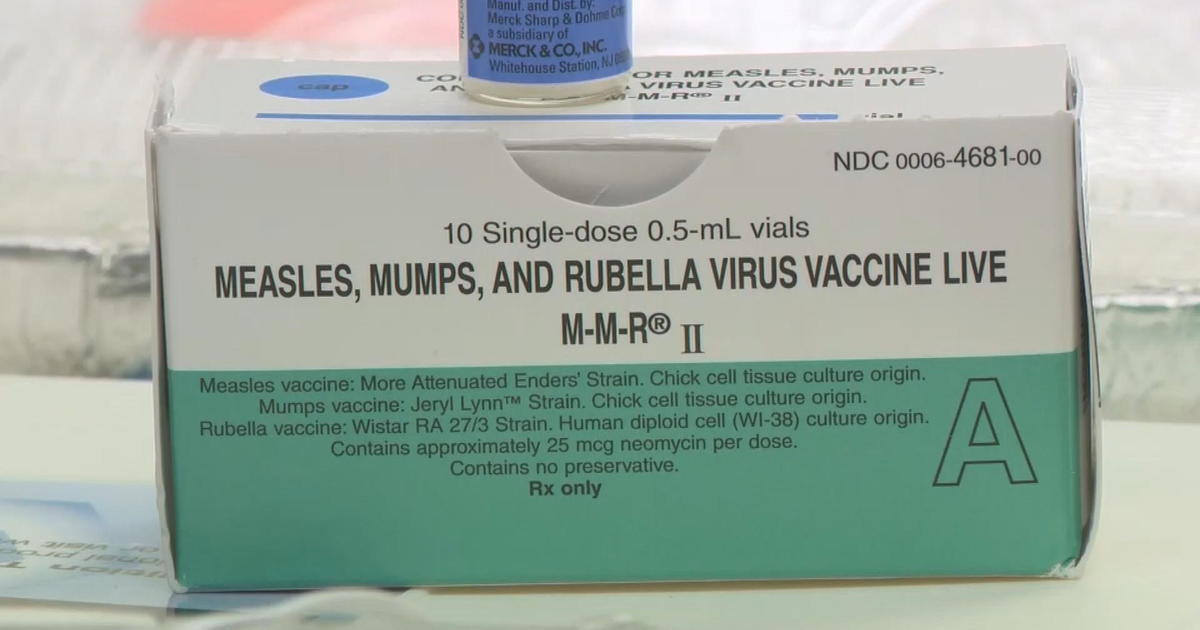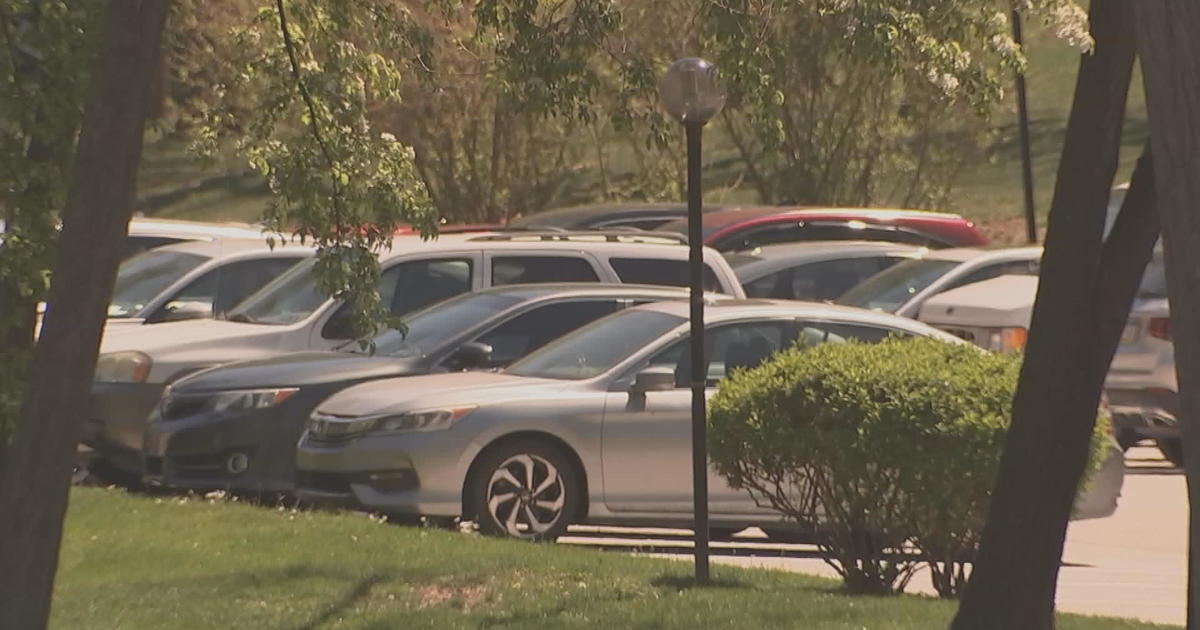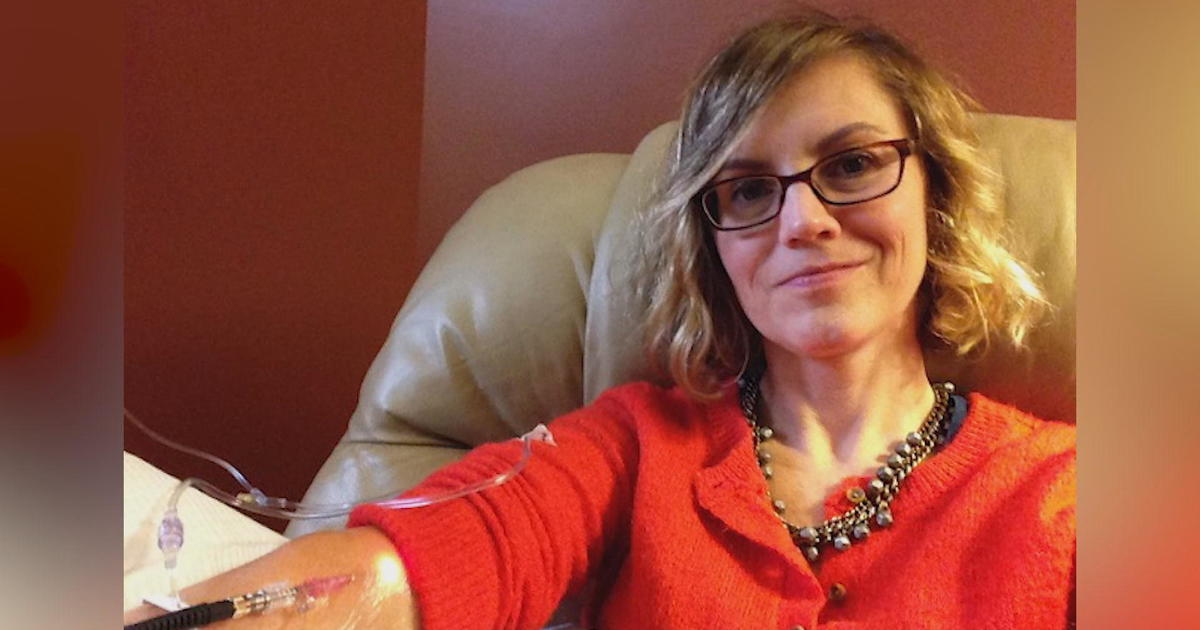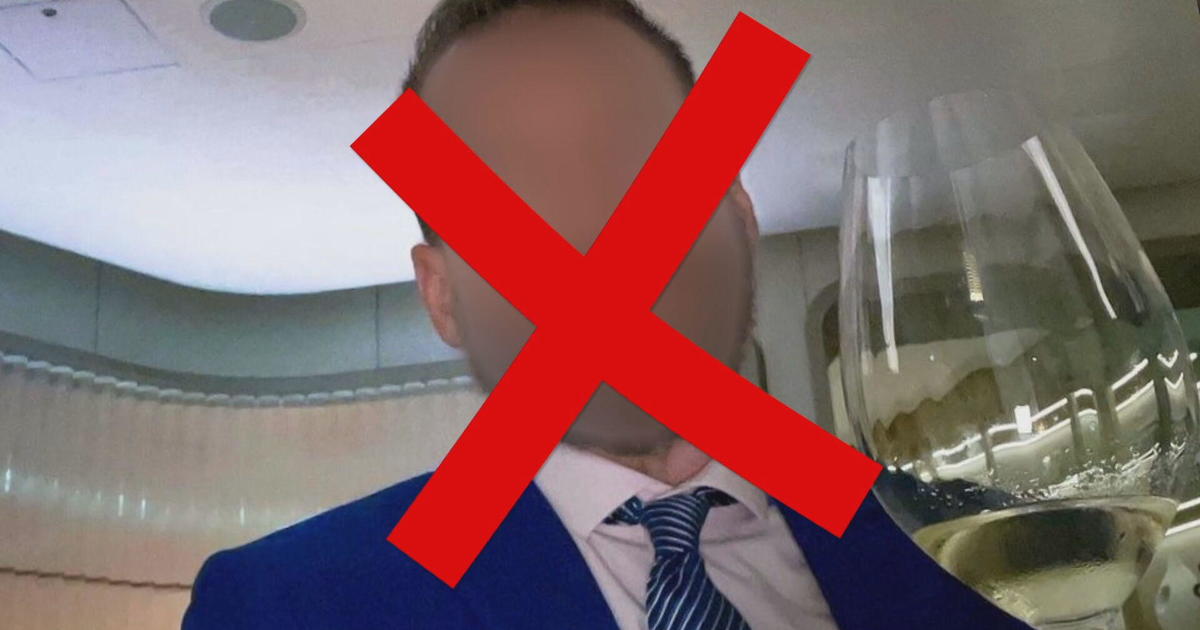Study Sheds Light On 'Sleep Drunkenness'
MINNEAPOLIS, MI (CBS) – You've heard of sleep apnea and sleepwalking, but what about "sleep drunkenness"?
A new study is shining some light on the condition, which is said to affect up to one in seven people.
According to the research published in the Aug. 26th issue of the journal Neurology, sleep drunkenness is a disorder that involves confusion or inappropriate behavior during or following sleep interruptions, whether it's in the first part of the night or in the morning. Often triggered by what scientists call a forced awakening, sleep drunkenness could cause violent behavior during sleep or even amnesia of the episode.
During the research, nearly 20,000 people 18 and over were interviewed about their sleep habits and whether or not they'd experienced symptoms of the disorder. They were also asked about any mental illness diagnoses and any medications they were taking.
Fifteen percent of the group said they'd experienced an episode in the last year, with more than half reporting at least one episode per week. In 84% of cases, those with sleep drunkenness also had a sleep disorder, a mental health issue or were taking psychotropic drugs like antidepressants. Less than 1% of those polled had zero cause or condition.
Among those who'd experienced an episode, just over 37% had a mental health disorder. Those with depression, bipolar disorder, alcoholism, panic or PTSD and anxiety were more likely to experience sleep drunkenness. And people on psychotropic medications, those getting less than six hours of sleep a night and those with sleep apnea were also more likely to experience sleep drunkenness.
"These episodes of confused awakening have not gotten much attention, but given that they occur at a high rate in the general population, more research should be done on when they occur and whether they can be treated," said study author Maurice M. Ohayon, MD, DSc, PhD, with Stanford University School of Medicine in Palo Alto, CA. "People with sleep disorders or mental health issues should also be aware that they may be at greater risk of these episodes."
You may also be interested in these stories:



